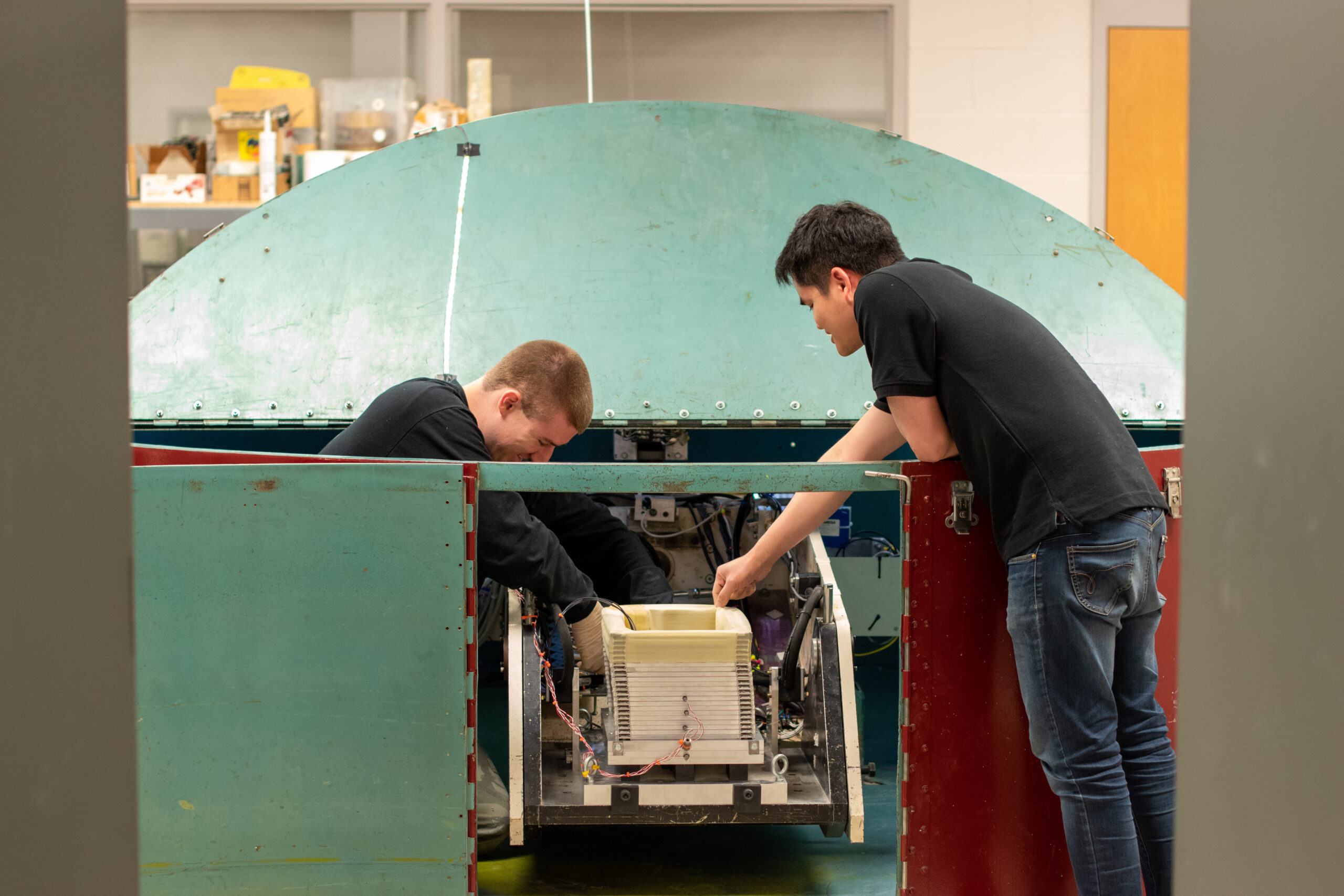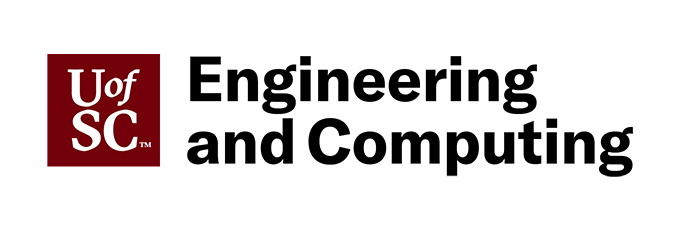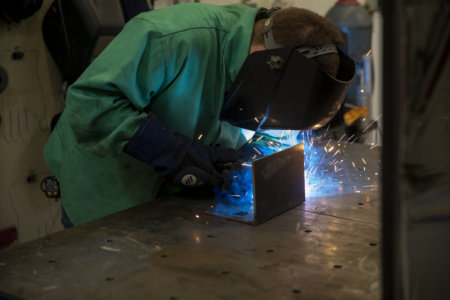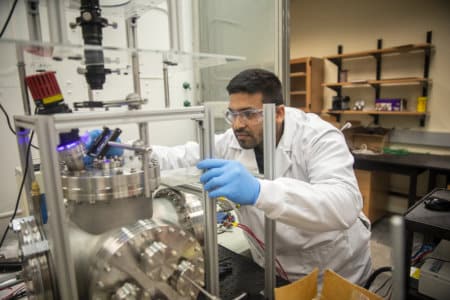In the dynamic realm of civil engineering, practitioners do more than construct buildings; they shape the very foundation of our modern world. Beyond the tangible blueprints and construction sites, civil engineers harbour a visionary spirit. They dream not only of building the present but of conceiving systems that will redefine our communities for the future. No one knows this better than the University of South Carolina (USC).
Established in 1801, USC has evolved into an R1 university, recognised by The Carnegie Foundation for its “very high research activity.” Beyond accolades, USC also holds the Elective Community Engagement Classification — a recognition of its strong community ties. USC aims to disseminate knowledge, enrich cultures and improve overall quality of life. This commitment is matched by its dedication to establishing a vibrant and welcoming environment where students are encouraged to thrive academically and grow as individuals.
At the heart of this academic powerhouse is the College of Engineering and Computing (CEC), home to the Department of Civil and Environmental Engineering. Here, the mission is clear — to push the boundaries of knowledge and provide practical solutions to the challenges facing society. It’s a hub for cultivating future engineers, those who envision and design solutions with far-reaching societal impact.
CEC graduate programmes manifest this commitment. Students work alongside esteemed faculty in state-of-the-art labs and research centres in their quest to become engineers capable of addressing the dynamic and innovative demands of today’s world. With small classes, excellent teaching, on-and-off campus delivery mechanisms, and high-quality funded research, USC has many features to ensure graduate students flourish.
Just ask Ph.D. student Sadegh Jafarinik, who chose to pursue his doctorate in civil engineering here. “Water resources programmes in universities usually require some lab equipment,” he says. “The hydraulic lab at USC was very well equipped and had multiple flumes and measurement tools to run experiments. I got interested in doing experimental research in the lab and found the civil engineering department hydraulics lab to be a proper place to pursue my research journey.”

Source: University of South Carolina, College of Engineering & Computing
Another Ph.D. student, Albert R. Ortiz of Colombia, agrees. “I completely liked the programme at USC,” he says. “The quality of labs, and especially faculty, were exceptional.”
The Ph.D. programme is a cornerstone in meeting the escalating demands for advanced research in civil and environmental engineering. Ph.D. candidates embark on a journey beyond textbooks, delving into the intricacies of their chosen field. Here, the emphasis is not only on developing a deep understanding but also on applying that understanding to solve technical and societal problems. What sets the programme apart is how it empowers candidates to execute a research plan, generate and analyse original results, and effectively communicate findings through presentations and publications.
USC graduate students can choose from various engineering specialisations, each offering a unique perspective and skill set. These specialisations include environmental, geotechnical, , structural, water resources, railway and transportation.
One distinctive feature that sets USC apart is the option to earn a graduate certificate in railway engineering. It runs concurrently with any graduate degree in civil engineering — letting students work across disciplines to tackle complex challenges.
Multidisciplinary teams collaborate on projects that span various areas of civil and environmental engineering, creating a rich tapestry of knowledge and expertise. Professor Enrica Viparelli strongly supports her students taking part in field experiences to help other research groups and training courses at different universities. She also encourages students interested in industry jobs to look for internships during their studies to understand what they really want to do in the real world.
“Graduate students are encouraged to help one another on multiple research projects and to collaborate with other groups on campus and nationwide,” says Viparelli.

Source: University of South Carolina, College of Engineering and Computing, Department of Civil and Environmental Engineering
It’s something Albert R. Ortiz experienced first-hand. “I arrived at a lab where people were working on different topics that slightly fit my work,” he says. “It was not easy, but during the first weeks, I understood that our mission was to contribute to the knowledge of human-structure interaction, borrowing models applied in other knowledge areas.”
Click here to learn more about civil engineering at the University of South Carolina.
Follow the University of South Carolina on Facebook, Instagram and X.













